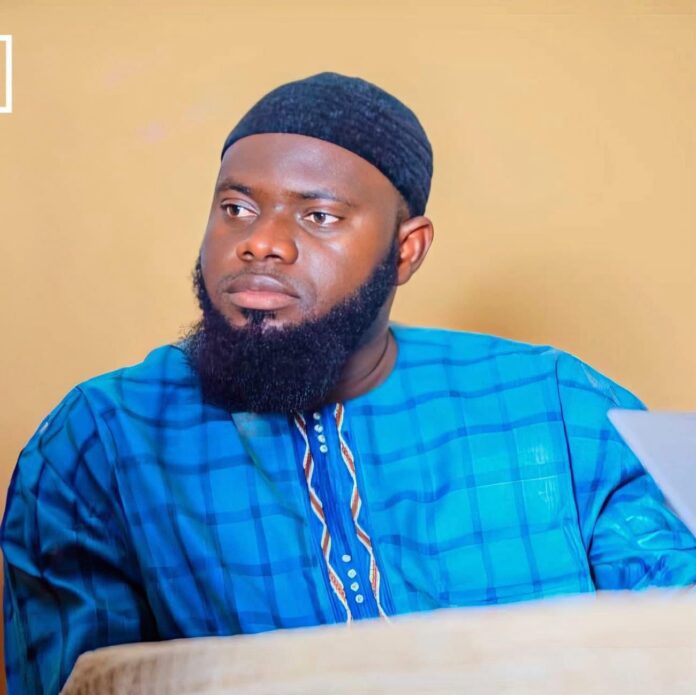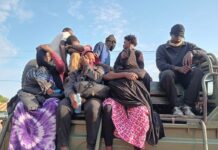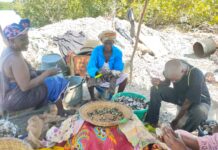Dr. Alieu Gibba, a lecturer at the University of The Gambia, has praised the significant contributions of religious leaders in fostering peace and reducing crime across the country.
In a recent statement, Dr. Gibba declared, “One thing I am 100% sure is that Imams and Pastors in almost all countries, particularly in The Gambia, have contributed a lot in community policing.”
Highlighting the impact of weekly sermons delivered by Imams, Dr. Gibba credited these religious messages with helping to prevent crimes and violence against women and children. He pointed to specific instances during periods of political tension, noting, “I know a lot of Imams who repeatedly called for calm during the 2016 impasse and 3-Years Jotna crisis. Those sermons weren’t written for them by the State.”
While expressing his firm opposition to any religious leader inciting violence against the government, Dr. Gibba emphasized the importance of addressing national security and public interest collectively and respectfully. “Issues of national security and interest should be squarely addressed by all and sundry in the most respectful and befitting manner without an exception,” he said.
Dr. Gibba also called on Imams to seize opportunities to advocate for the needs of the Muslim community, particularly during annual Koriteh feast meetings with the President. He urged them to prioritize discussions about the challenges facing Islamic schools and communities over more general topics like road projects. “I am not saying that shouldn’t be addressed during the meeting, but the purpose of the gathering goes beyond that,” he explained. “This is a golden opportunity to have their concerns addressed.”
Among the key issues Dr. Gibba highlighted were the need for equal opportunities for Arabic and Islamic schools in terms of infrastructure development and improved salaries for educators.
He argued that these institutions deserve the same level of support as other schools in the country, ensuring a balanced approach to education nationwide.
Dr. Gibba’s remarks come at a time when The Gambia continues to navigate its post-2016 political landscape, with religious leaders remaining influential figures in promoting social cohesion and stability.






